THE NATURAL VETS GUIDE to
PREVENTING
and TREATING
CANCER in DOGS
THE NATURAL VETS GUIDE to
PREVENTING
and TREATING
CANCER in DOGS
SHAWN MESSONNIER, DVM
New World Library
Novato, California

Copyright 2006 by Shawn Messonnier
All rights reserved. This book may not be reproduced in whole or in part, stored in a retrieval system, or transmitted in any form or by any meanelectronic, mechanical, or other without written permission from the publisher, except by a reviewer, who may quote brief passages in a review.
The information presented in this book is of a general nature and is not intended as a substitute for professional medical and veterinary advice. Readers should consult with a qualified veterinarian for specific instructions on the treatment and care of their pets. The author and New World Library shall have neither liability nor responsibility to any person or entity with respect to any loss, damage, or injury caused or alleged to be caused directly or indirectly by the information contained in this book.
Interior design by Tona Pearce Myers
Library of Congress Cataloging-in-Publication Data Messonnier, Shawn.
The natural vets guide to preventing and treating cancer in dogs / Shawn Messonnier. 1st ed.
p. cm.
Includes bibliographical references and index.
ISBN 1-57731-519-7 (pbk. : alk. paper)
1. DogsDiseasesAlternative treatment. 2. Cancer in animals. 3. Holistic veterinary medicine. I. Title.
SF992.C35M47 2006
636.7'0896994dc22
2005030337
First printing, March 2006
ISBN-13: 978-1-57731-519-2
ISBN-10: 1-57731-519-7
 New World Library is a proud member of the Green Press Initiative.
New World Library is a proud member of the Green Press Initiative.
Distributed by Publishers Group West
10 9 8 7 6 5 4 3 2 1
CONTENTS
T HE OLD SAYING that an ounce of prevention is worth a pound of cure is especially true with cancer prevention. It is infinitely easier to prevent cancer than it is to treat it. Having written a book on using nutritional science to treat human cancer, I am honored to write the foreword to Dr. Messonniers guide to preventing and treating cancer in dogs. Dogs, among many animal species, have been used extensively in cancer research, so we have considerable direct evidence about what works and what doesnt.
The field of nutritional oncology (treating cancer with food and supplements) has virtually exploded over the past three decades. Our knowledge of the cancer process in particular, especially on a molecular basis, has expanded exponentially. Paralleling this has been a greatly improved understanding of how nutrition affects cell function and the cancer process. Dr. Messonnier reviews this new knowledge in such a way that the reader can easily understand and apply it.
Within this explosion of knowledge about nutritional cancer treatment lies a vast number of ways to prevent cancer from ever developing. Some of these methods entail special nutritional supplements, but the most important step is adhering to a scientifically based anticancer diet for your dog. By switching to such a diet, you will be not only preventing cancer but also vastly improving the general health of your dog and extending his or her life in the process.
One of the great revelations in oncology research is that cancer is a chronic inflammatory disease. As many as 70 percent of people who develop cancer have suffered from an inflammatory disease for a decade or more before the cancer developed. The same is true in animals. And, as Dr. Messonnier points out, 50 percent of dogs will develop cancer in their advanced years. When we examine these dogs we see a long history of various inflammatory diseases, such as arthritis and chronic viral or parasitic diseases. Particularly important is the connection between chronic inflammation and chronic overactivation of the immune system. We know that the two systems work together to produce the conditions necessary for cancer development.
I am particularly pleased to see that Dr. Messonnier pinpoints the problem of excessive vaccination of dogs and its connection to various diseases. The same is true in humans. There is growing evidence that excessive vaccination can produce prolonged states of inflammation, just as we see in arthritis, autoimmune disorders, and other degenerative diseases. In addition, vaccines often contain toxic doses of mercury and aluminum, both of which accumulate in the body and remain for a very long time.
So, what is the connection between inflammation and cancer? Inflammation is a powerful generator of free radicals. It is these free radials that damage the animals DNA. And when a particular pattern of damage occurs, cancer genes are turned on. Recently, we have learned that these same free radicals can stimulate cancers to grow faster and become more deadly and aggressive. Likewise, they cause the cancers to grow and spread throughout the animals body.
A number of recent studies have shown that reducing inflammation dramatically reduces the likelihood that cancer will spread. The nutrients discussed in this book primarily reduce inflammation and prevent immune system overactivation and do so with greater safety and efficiency than anti-inflammatory drugs. Even more exciting are studies showing that certain nutritional extracts can actually cause cancer cells to revert back to normal cells.
One myth perpetrated by oncologists is that antioxidants may interfere with conventional treatments such as chemotherapy and radiation. In fact, a growing number of new studies indicate the exact opposite is true. Special mixtures of nutritional supplements can greatly enhance the effectiveness of conventional treatments and dramatically reduce the complications they cause.
As Dr. Messonnier points out, one big problem with chemotherapy is that after initially responding to the treatment, the cancer will suddenly become resistant to it. Studies show that a number of nutritional extracts can completely reverse this and even make the cancer cells more sensitive to the chemotherapy drugs. Because normal cells are physiologically and biochemically different from cancer cells, these same nutrients can dramatically increase the resistance of normal cells to the powerful chemotherapy drugs, reducing the harmful side effects of the treatment. Because these special nutrients dramatically enhance the effectiveness of chemotherapy and radiation, your veterinarian can use lower doses of these conventional treatments, with much greater safety for your dog.
It is also important to keep in mind that combining certain nutrients can make anticancer drugs significantly more effective. A number of newer studies have shown that by mixing specified vitamins, minerals, and plant chemicals called flavonoids, one can eradicate a number of cancers in animals, even advanced cancers.
One of the most exciting discoveries concerning radiation treatments was made by Dr. Levenson and co-workers, who found that animals implanted with highly malignant cancers and fed large doses of beta-carotene experienced complete resolution of their tumors when treated with radiation, while the majority of the animals not fed the beta-carotene died. Even when the tumor was not completely destroyed by the radiation treatment, as long as the animal remained on beta-carotene, the tumors did not grow or spread.

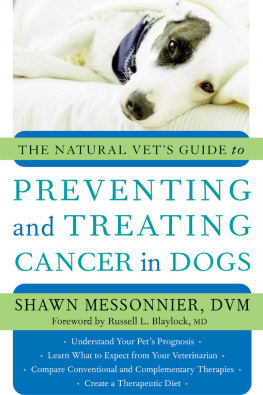

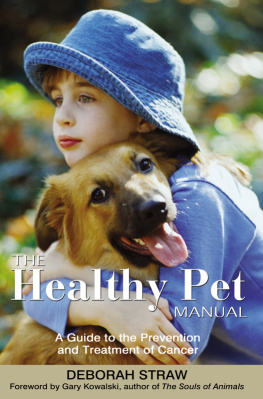
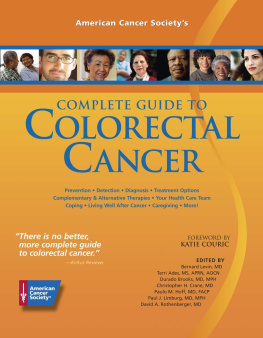
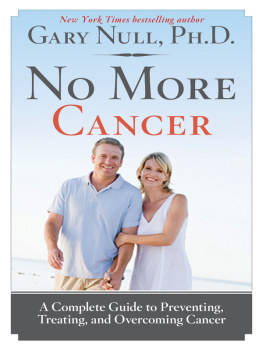
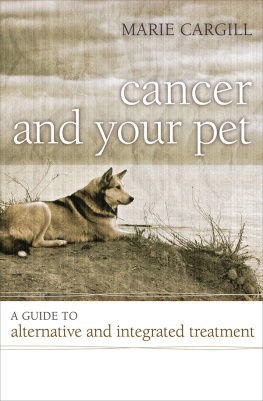
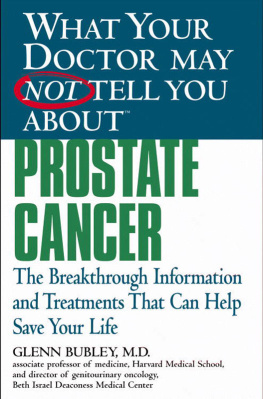
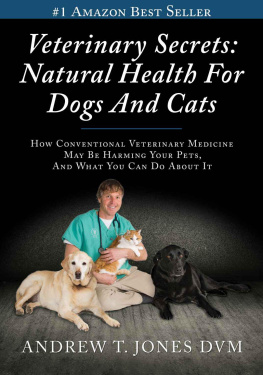
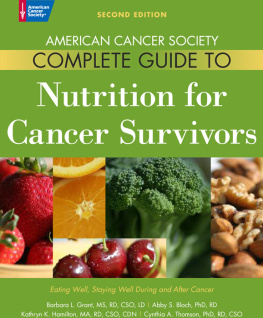



 New World Library is a proud member of the Green Press Initiative.
New World Library is a proud member of the Green Press Initiative.